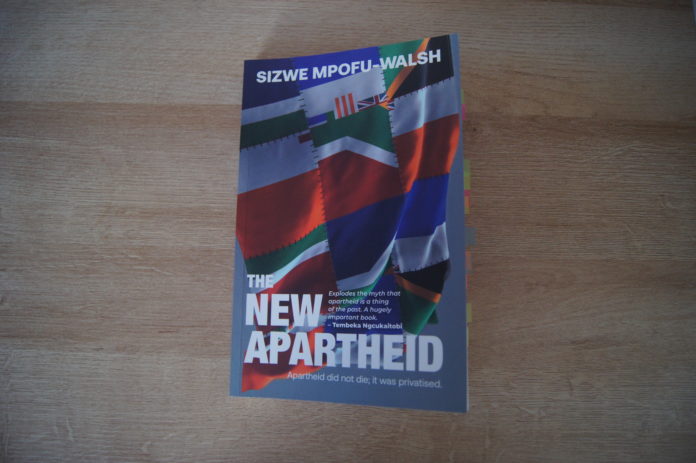
Image: The Daily Vox
Faizel Patel – 30/07/2021
Author and activist Dr Sizwe Mpofu-Walsh says his new book The New Apartheid, explores a more deep-rooted crisis and defines the current crisis that confronts South Africa.
The New Apartheid also explores the concept that apartheid in South Africa never died but was privatised instead.
Speaking to Radio Islam, Mpofu-Walsh says his new book is built on a single idea that the privatisation of apartheid, which kept emerging from discussions around his first book, Democracy and Delusion: 10 Myths in South African Politics.
“I’m not saying that everything is the same as it was before 1994. There’s now doubt that we have made important advances. But what I’m arguing is that despite our democracy, despite extending the vote and despite the gain made since ’94, apartheid as a system was dealt a non-fatal blow and it has been able to resuscitate and revive and adapt around the democratic constraints which we’ve placed on it.”
Mpofu-Walsh says there are multiple reasons why apartheid was revived.
“The liberation movement itself was transformed after 1994 and the ANC government has weakened the state in ways that only the National Party could’ve dreamed in 1994 through its ineptitude. But in addition to that, the economic power of private forces in South Africa is so wide-ranging and far-reaching that it has developed a momentum of its own that has been impossible to uproot at least in the last three decades.”
Mpofu-Walsh says the difference between the new apartheid and the old apartheid is that the new apartheid does not need an agency to drive it adding that it is self-replicating and self-sustaining.
Listen to the interview with Dr Sizwe Mpofu-Walsh







0 Comments